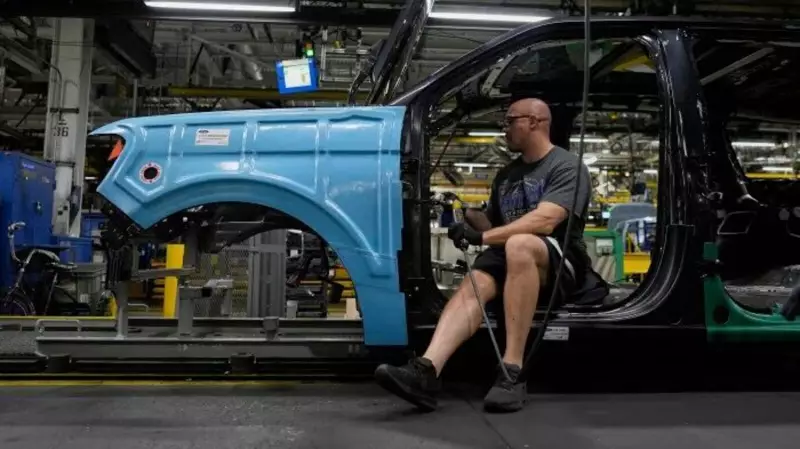
The year 2024 has proven to be one of the most challenging periods for the global automotive industry, as manufacturers navigated through a perfect storm of supply chain disruptions that brought production lines to a grinding halt.
The Semiconductor Saga Continues
Despite hopes for recovery, the semiconductor crisis refused to abate, creating massive bottlenecks for automakers dependent on these crucial components. Major manufacturers were forced to scale back production targets as chip availability remained inconsistent throughout the year.
Red Sea Shipping Crisis Adds New Woes
Just when the industry thought it had seen the worst, geopolitical tensions in the Red Sea created massive shipping disruptions. Critical components from European suppliers faced extended delays, with shipping times increasing from weeks to months as vessels rerouted around Africa.
Indian Automakers Feel the Heat
Indian automotive companies, which had shown remarkable resilience in previous years, found themselves grappling with unprecedented challenges. Production schedules were repeatedly revised downward, and customer delivery timelines stretched beyond acceptable limits.
Domestic Production Impact
The cascading effect of these disruptions was felt across Indian manufacturing hubs. Plants in Chennai, Pune, and the National Capital Region reported significant production shortfalls, affecting both passenger vehicles and commercial segments.
The Ripple Effect on Consumers
Car buyers faced the direct consequences of these supply chain nightmares:
- Waiting periods for popular models extended to 6-9 months
- Increased prices due to higher input costs
- Limited availability of specific variants and features
- Delayed launches of new models
Industry Response and Adaptation
Automakers responded with strategic shifts, including:
- Diversifying supplier bases beyond traditional partners
- Increasing local sourcing of components
- Building larger buffer stocks of critical parts
- Investing in predictive analytics for better supply chain visibility
Looking Ahead: Lessons Learned
The industry's brutal year has served as a wake-up call for automakers worldwide. The focus has now shifted toward building more resilient, diversified supply chains that can withstand future shocks. However, experts warn that complete recovery might take well into 2025, as structural issues in global logistics persist.
The automotive sector's experience in 2024 underscores the critical importance of supply chain robustness in an increasingly interconnected global economy. As manufacturers work to rebuild and restructure, the lessons from this challenging year will likely reshape industry practices for years to come.






